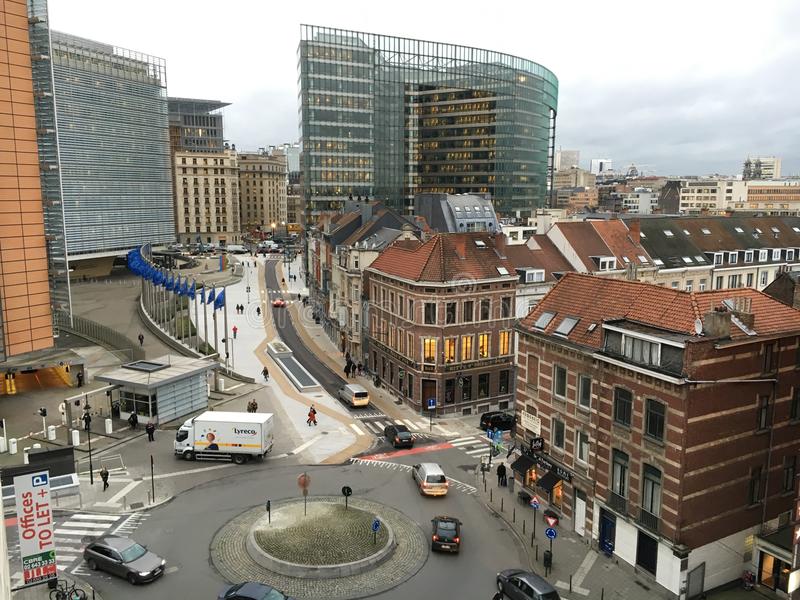The State of the Union speech from Ursula von der Leyen, the President of the European Commission this week is both anticipated and dreaded. Will there be a repeat of a proposal akin to the European Chips Act from last year which risks increasing state intervention, or will there be a renewed focus on competitiveness, open markets, and free trade? On Wednesday we will know if the European Commission launches a new “panic Act” or sets more long-term targets.
In any case, the EU finds itself at a crossroads. We believe it is important to give the EU a push in the right direction towards a more open EU with a focus on a resilient and competitive economy.
Teknikföretagen, the Swedish tech and engineering industries, is the primary representative for Swedish industry. In total, our 4,300 member companies accounts for an annual sale of 150 billion euros and constitute one third of Sweden’s exports. From the perspective of European industry, there is much to be concerned about. Not only a war in Ukraine, energy crisis and a significant economic slowdown or even recession. But also, the overall development of the EU policy.
The EU is in a formative phase and is promoting an ambitious agenda in several fields. All with major implications for the competitiveness of the European economy. In many areas it moves towards increased state involvement in European business and economy as with the European Chips Act or the single market emergency instrument which poses challenges to the single market’s functioning.
The reason is often a wish for resilience. Resilience is important and needs to be managed by the EU. However, resilience is not achieved by increased state intervention. Businesses are more agile and better equipped at responding to crises than the Member states. In our books, resilience starts with an open economy.
The EU policy for environment and climate is also under revision. It is crucial that the proposed legislative changes and action plans are correctly designed, without overly prescriptive requirements. The goal can still be the same; to ensure transformation to a green and sustainable Europe through innovation and continued growth.
The signs of increased state involvement in European business and economy makes us worried. Let us hope that it’s not at all an indication of EU losing sight of its four fundamental freedoms.
The EU depends on industry to secure prosperity and welfare through investments, jobs and growth. Thus, the competitiveness of European businesses is key for a prosperous Europe.
Thriving companies and their trading are also important for the peace for which the EU was founded. The war in Ukraine makes these principles more important as ever. In addition, companies are crucial to achieve other important policy goals, such as the green and digital transition, as well as poverty reduction.
The EU single market and its four freedoms – free movement of goods, services, people, and capital – have contributed to economic growth and strong competitiveness for all EU member states. This applies not least to Sweden, where exports correspond to half of the country's GDP and most of these exports are to the EU single market. This must still need to be a strong pillar of the European foundation.
In the state of the union address of the European Commission president we urge for a renewed focus on:
- Create resilience through an open economy.
- Ensure that the new proposals within the Circular Economy Action Plan are designed to increase competitiveness for the European industry and thereby encourage harmonisation based on technology neutrality and current standards
- Ensure that the Fit-for-55 package delivers on the set climate and energy targets without compromising on European competitiveness.
To reach the EU’s ambitious goals, the path of prosperity must continue. To that end the proposals from the EU must focus on making Europe the most competitive region in the world.
We believe that a renewed focus on the foundation of the European Union is needed: the four freedoms, economic cooperation, and competitiveness.


